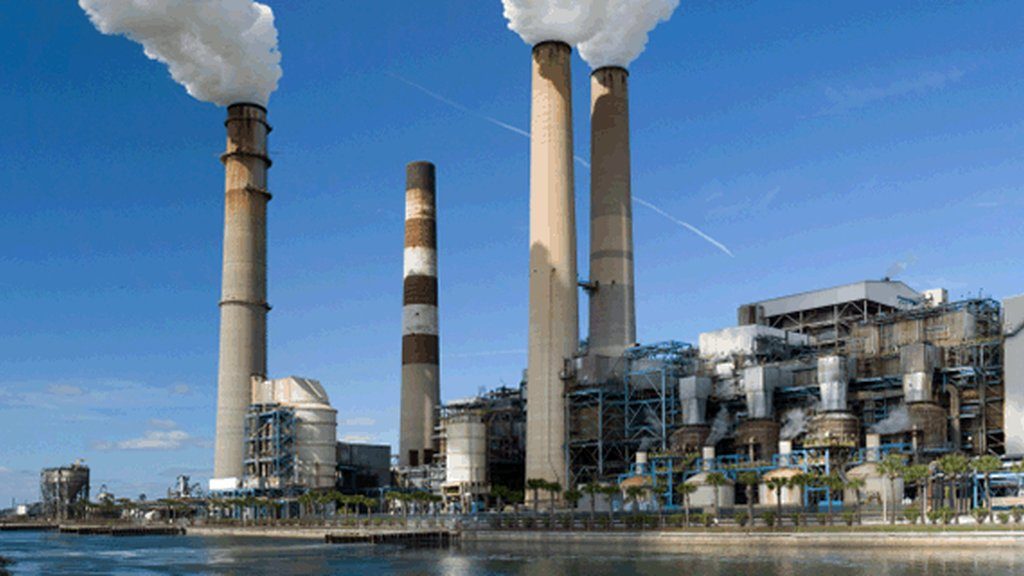The just concluded 60th anniversary of the Asian-African Conference featured more than 100 countries that were retracing the historic path of an event that changed the world.
Today, countries like South Africa, Nigeria and Rwanda lead Africa’s rise in the global economy and international stature.
Africa has all the ingredients to be a dominant economic engine for decades to come, according to demographers, economists and industrial and agricultural experts.
With more than 1.1 billion citizens, Africa has huge potential. About one-third of Africa’s 54 nations have a yearly gain in gross domestic product (GDP) of more than 6 percent, making the continent the second highest in economic growth after Asia, which is growing at 4.7 percent per year.
One main factor is because Africa is at last getting its share of peace and good governance since Benin set the mainland trend in 1991.
Population trends could also be improving these developments. More better-educated young people are entering the job market and birth rates are beginning to decline. As the proportion of working-age people to dependents rises, growth should get a boost.
Asia enjoyed the “demographic dividend”, which began three decades ago and is now tailing off. In Africa it is just starting.
The continent will soon have the planet’s biggest workforce, estimated to reach 163 million in this decade. By the middle of the 21st century, Africa will be home to 25 percent of the world’s productive forces.
Its enthusiasm for technology is also a great factor in boosting its growth. For example, Africa’s mobile industry’s penetration rose from 2 percent in 2000 to 78 percent today and is expected to soar to 84 percent by 2015.
In the health sector, there are obvious improvements. For instance, the continent recorded a gradual decrease of HIV/AIDS. With better health conditions, productivity is growing nearly 3 percent a year.
Among the 54 countries, South Africa is still considered Africa’s first powerhouse. As a gateway to Africa, many other African countries rely on Cape Town’s port to do business with the outside world.
South Africa has a wealth of natural resources including coal, platinum, coal, gold, iron ore, manganese, nickel, uranium and chromium. It successfully developed world-class infrastructure and is rolling out new green technologies and industries, creating new and sustainable jobs.
In northern Africa, the bustling Onitsha market in southern Nigeria sees millions of buyers a week seeking basic needs, computers and construction equipment. It is a hub for traders from the Gulf of Guinea, also home to millions of highly motivated entrepreneurs and increasingly prosperous consumers.
Nigeria is considered Africa’s new powerhouse with its 173.6 million citizens driving its GDP, which reportedly rose by over 200 percent in 10 years. The Economist magazine predicted that seven of the 10 countries with the fastest growing economies will soon come from Africa, including Ethiopia (8.1 percent) and Nigeria (6.8 percent).
Nigeria was able to quickly contain the outbreak of Ebola there and is regarded as having diversified its economy more than other African countries. According to the World Bank, about half of Nigeria’s GDP is driven by the services sector and non-oil industries.
Meanwhile in East Africa, Rwanda, considered another emerging economy, recently commemorated 20 years since the genocide that claimed more than 800,000 lives. Rwanda ranks first among African countries in terms of achieving the Millennium Development Goals, which include poverty assuagement and ensuring all citizens get basic needs such as water, food and health care.
With resources such as tin, tantalum and tungsten, mining contributes to more than 10 percent of Rwanda’s total exports. In the past 10 years, Rwanda has managed to maintain its GDP at 8 percent and is regarded by the World Bank and the International Monetary Fund as among the most beneficial investment destinations.
In the rush to be part of Africa’s growth story, we can’t turn a blind eye to the challenges. Rapid economic growth surely brings upcoming challenges concerning electricity, roads, ports, deeper capital markets, better jobs and more credit for small and medium enterprises (SMEs).
The SMEs are crucial drivers of economic growth in rising countries, yet reports mention a lack of credit as still being a major constraint for these companies.
A series of deadly epidemics have affected the continent, the latest being Ebola. Under the World Bank’s worst-case scenario, the disease could cost the three most highly affected countries — Liberia, Guinea and Sierra Leone — more than US$800 million over the next few years.
There is still the threat of violence from terrorist groups such as Boko Haram and Al-Shabaab. Piracy and armed robbery have mostly occurred in the Gulf of Guinea where the crimes made up more than a quarter of worldwide reported attacks.
Gradually increasing since 2007, maritime insecurity in this region affects the trade of 455 million people. It affects the shipment of 5 million barrels of oil per day (Africa’s total is 9 million).
Africa takes these challenges seriously through mutual cooperation in technological cooperation and law enforcement and strengthening partnerships with key countries.
African countries adopted one of Asia’s best practices for securing the Strait of Malacca from pirates. The Regional Cooperation Agreement on Combating Piracy and Armed Robbery against Ships in Asia will be adopted to secure the Gulf of Guinea and the Gulf of Aden.
In relations with Indonesia, Mozambique and Namibia signed a memorandum of understanding (MoU) with Indonesia on Preventing and Combating Transnational Crime; there is also an MoU on Cooperation in Combating Illicit Production, Manufacture and Trafficking in Narcotic Drugs with Nigeria.
Amid challenges and a somber time for the world economy, Africa’s progress is a reminder of the transformative promise of growth. Africa’s strong growth and its positive domino effects will raise the world’s powerhouse to the next level.
Source: The Jakarta Post, April 28th, 2015
 afric-Invest
afric-Invest